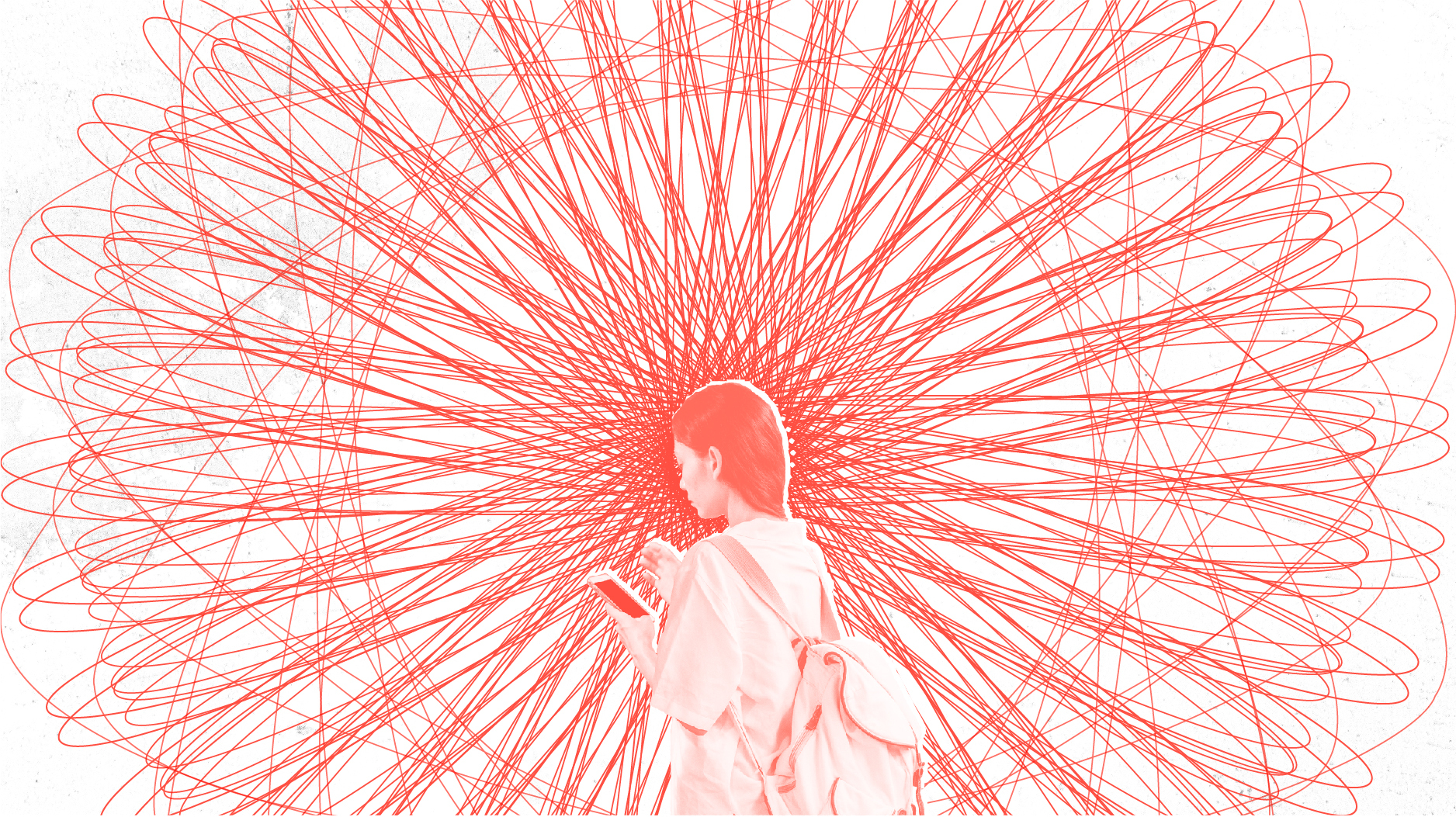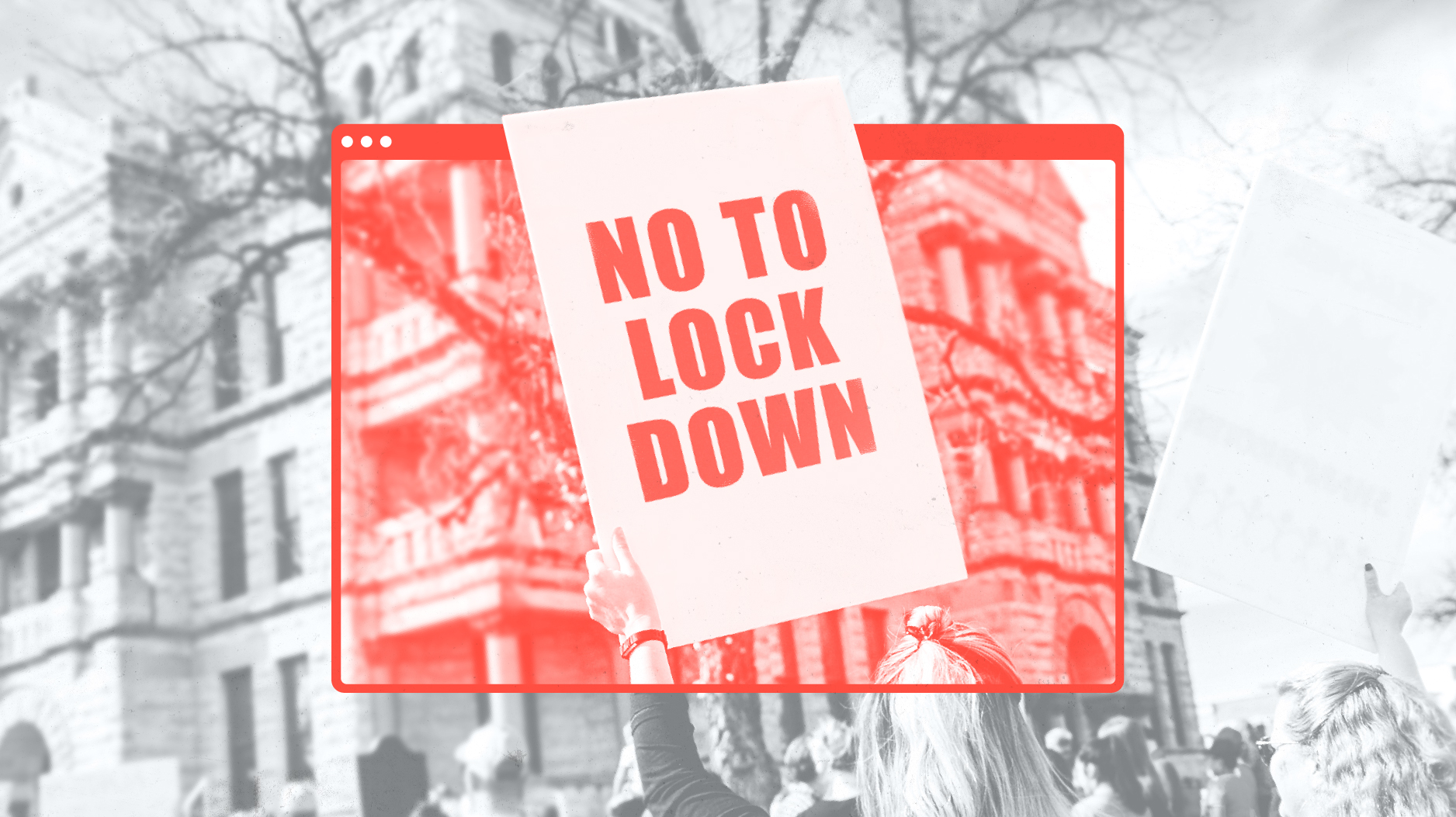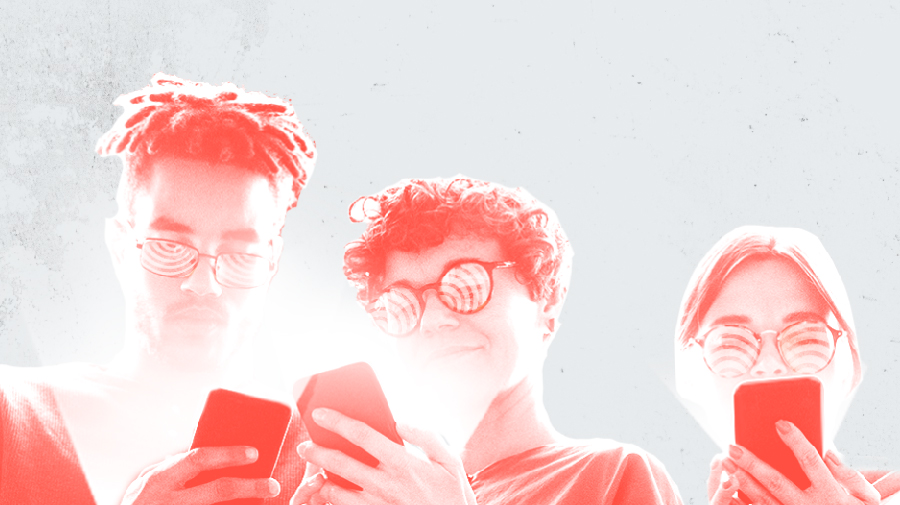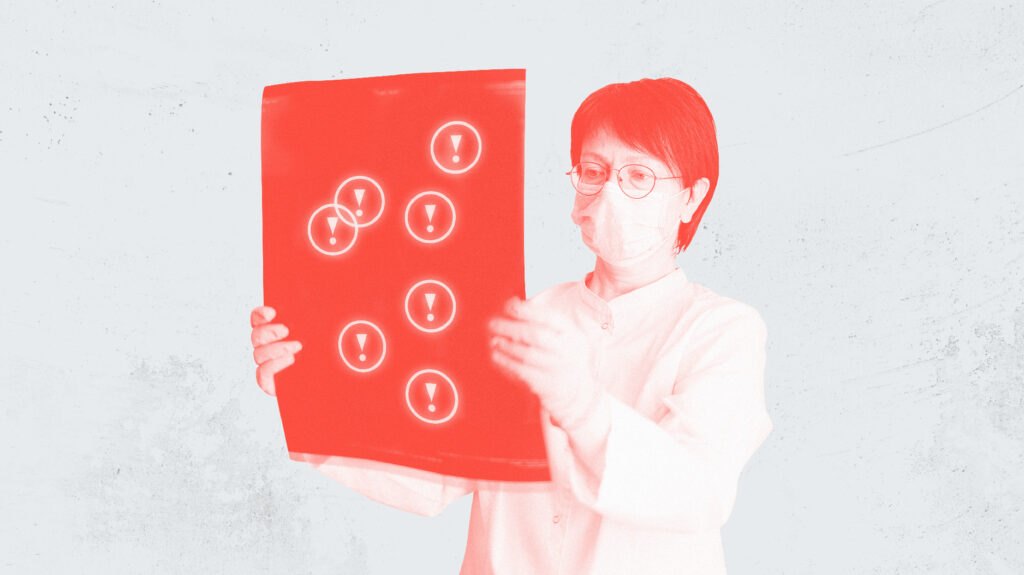The “broadcast” model no longer works in an era of disinformation
We’ve relied for too long on an outdated top-down view of disinformation
→ Read the article
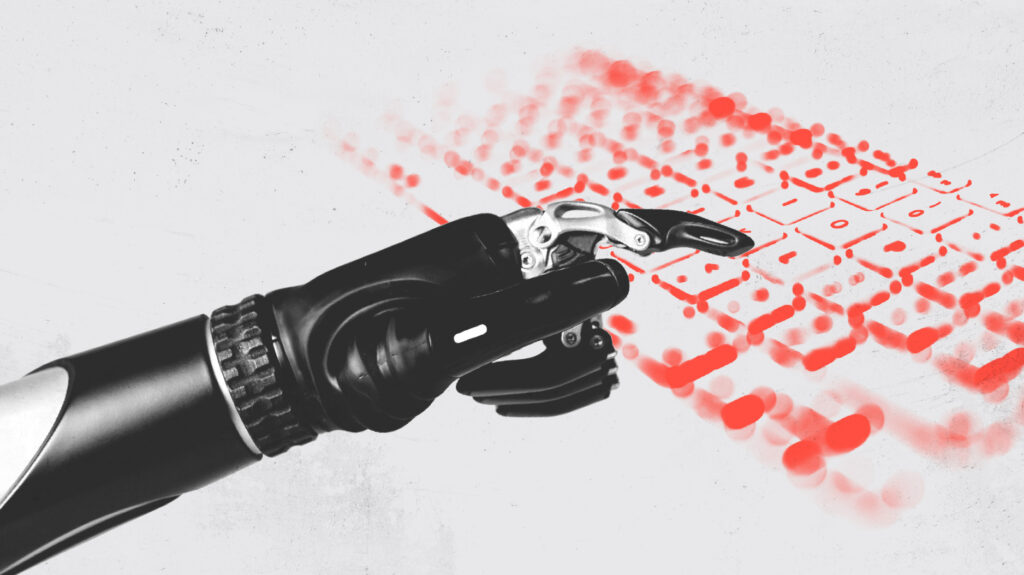
AI won’t solve the problem of moderating audiovisual media
Platforms are hoping automated tools will help moderate social media content at scale, but massive challenges remain — especially for audiovisual misinformation
→ Read the article

Failure to understand Black and Latinx communities will result in a critical misunderstanding of the impact of disinformation
Reporting on the election showed the need for partnerships with community organizations and researchers
→ Read the article
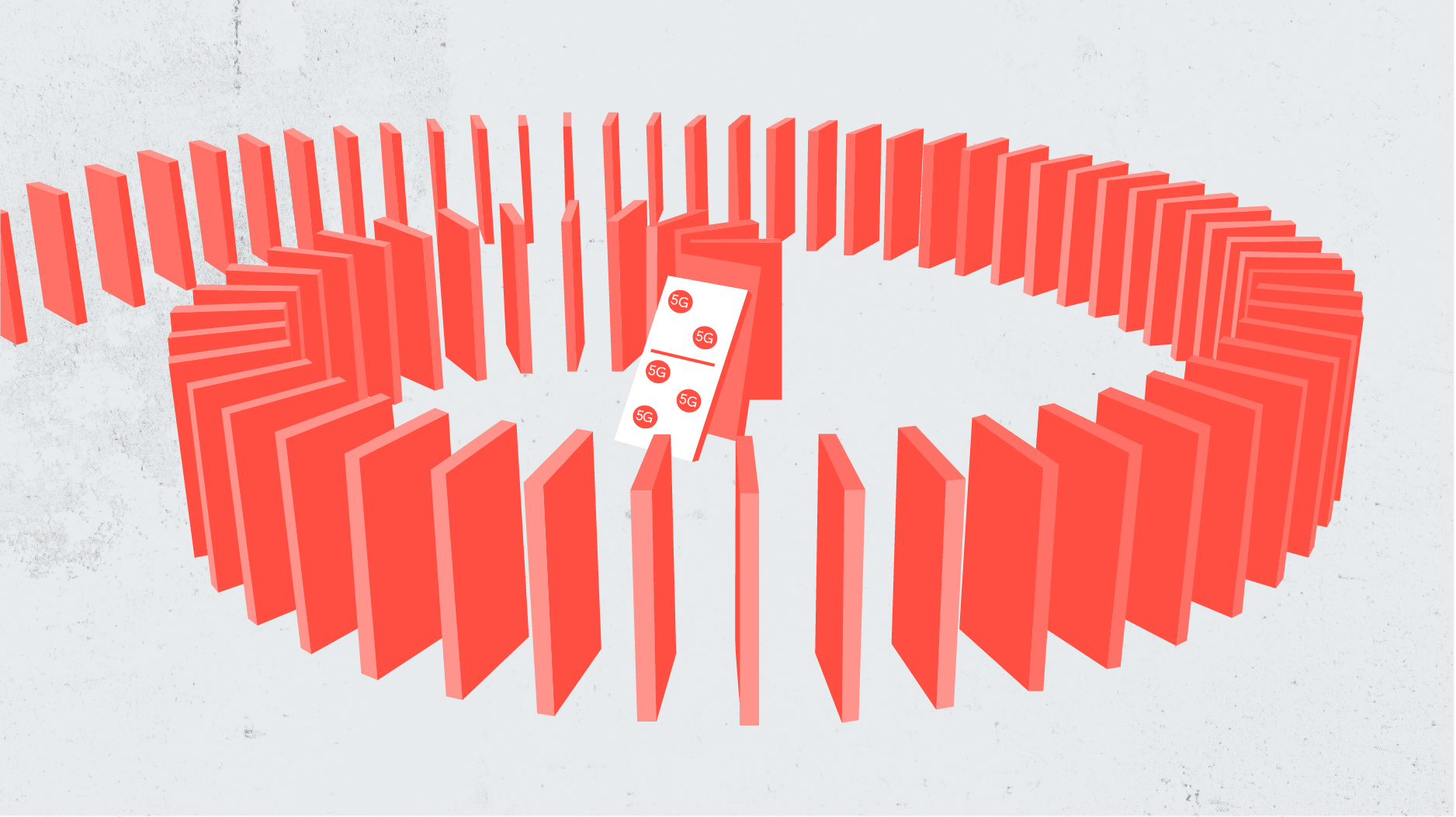
The 2020 rabbit hole: Why conspiracy theories draw people in
Baseless beliefs have become more popular globally, promising orderly answers to those experiencing confusion, isolation and grief in an upside-down world
→ Read the article

The return to old-school methods to sow chaos
Leaflets, billboards, emails, SMS and robocalls spread false information about Covid-19 and the US election
→ Read the article

It’s crucial to understand how misinformation flows through diaspora communities
The way misinformation travels through diaspora communities — including the Chinese diaspora — deserves more of our attention
→ Read the article

We need independent platform oversight in 2021
The platforms can no longer delay on partnering with independent researchers and civil society organizations
→ Read the article
As online communities mobilize offline, misinformation manifests a physical threat
If 2020 has taught us anything, it’s that the line between online discourse and offline action has long disappeared
→ Read the article
Online influencers have become powerful vectors in promoting false information and conspiracy theories
The role of celebrities and online influencers requires more scrutiny, especially from social platforms and media
→ Read the article
“Do No Harm” — Assessing the impact of prioritizing US political disinformation over health misinformation in 2020
What changes need to happen so newsrooms, researchers and policymakers are prepared for the health misinformation that will define 2021
→ Read the article




